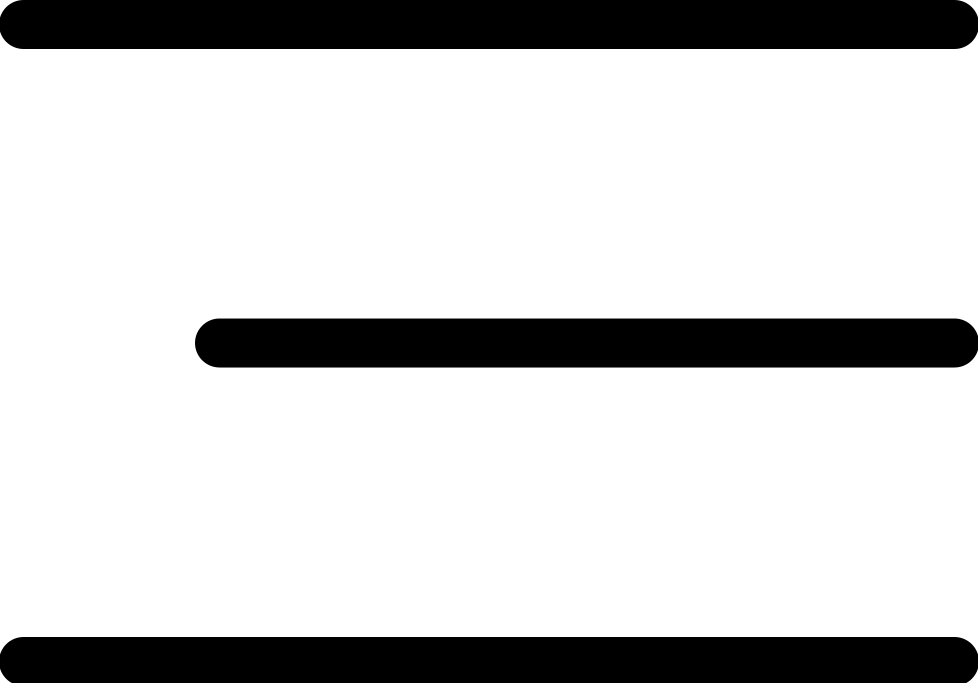This course provides a comprehensive and thorough introduction to the field of Data Science, with a specific focus on the R programming language. This course aims to equip aspiring Data Scientists with the necessary knowledge and skills to effectively utilize the R programming language, along with its various methods and functions, in their data analysis endeavors.
Course Content
The course begins by guiding students through the process of installing R and R Studio, ensuring that they have the necessary tools to embark on their Data Science journey. From there, the course delves into a wide range of essential topics, covering everything from R data types and variable assignment to arithmetic operations, vectors, matrices, factors, data frames, and lists. By providing in-depth coverage of these foundational concepts, the course ensures that students have a solid understanding of the basics before moving on to more advanced topics.
In addition to the core concepts, the course also explores important aspects such as operators, conditionals, loops, functions, and packages. These topics are crucial for students to grasp as they form the building blocks of efficient and effective data analysis using the R programming language. Furthermore, the course addresses the application of regular expressions, data acquisition and cleaning, plotting, and data manipulation using the dplyr package. By covering these practical aspects, the course ensures that students are well-equipped to handle real-world analytical tasks and research projects.
Significance of Learning R
The significance of learning R in today's data driven world cannot be overstated. With the exponential growth of global data and the increasing demand for insightful data analytics, mastering analytical programming languages like R has become essential for anyone looking to thrive in the field of Data Science. This course serves as a gateway for beginners, providing them with the necessary foundation to apply R in real-world scenarios and make evidence-based decisions.
Overall, this course offers a comprehensive and practical approach to learning Data Science, with a specific focus on the R programming language. By providing detailed guidance on essential topics and emphasizing the application of R in real-world scenarios, this course equips students with the necessary skills to excel in the field of Data Science.
Professionals and academics who aspire to use R Language as part of their Data Analysis and Data Science tasks.
- Easy and Understandable. Slow and step by step explanations for every concept with examples ~ Dhanalakshmi G
- The introductory part is already very good. It introduces the topic in such a way that one would want to complete the course. I will complete this course, The God willing ~ Ramon J
- Describe Data Science and Big Data
- Recognize the importance of Data Science
- Explain the Data Science process
- Identify main tools used in Data Science
- Explain the steps of a Data Science project
- Recognize the main environment and files of RStudio
- Complete installing R and R Studio on own machine
- Solve arithmetic calculations in R
- Distinguish between different data types in R
- Solve data problems using vectors, matrices, factors, data frames, and lists in R
- Formulate controlled-flow data problems using Operators, Conditional Statements, and Loops
- Recognize base R functions and user-defined functions in R
- Analyze data using base mathematical functions, R Packages, and Apply function family
- Modify data using Regular Expressions and Dates & Times functions
- Integrate and cleanse external data in R
- Plot data in R
- Evaluate datasets in R using dplyr package
- No prior knowledge is mandatory to this course.
- Passion towards learning programming and statistics is essential






 Full lifetime access
Full lifetime access  Access on laptop,
tablet and mobile devices
Access on laptop,
tablet and mobile devices  Certificate of
completion
Certificate of
completion 

